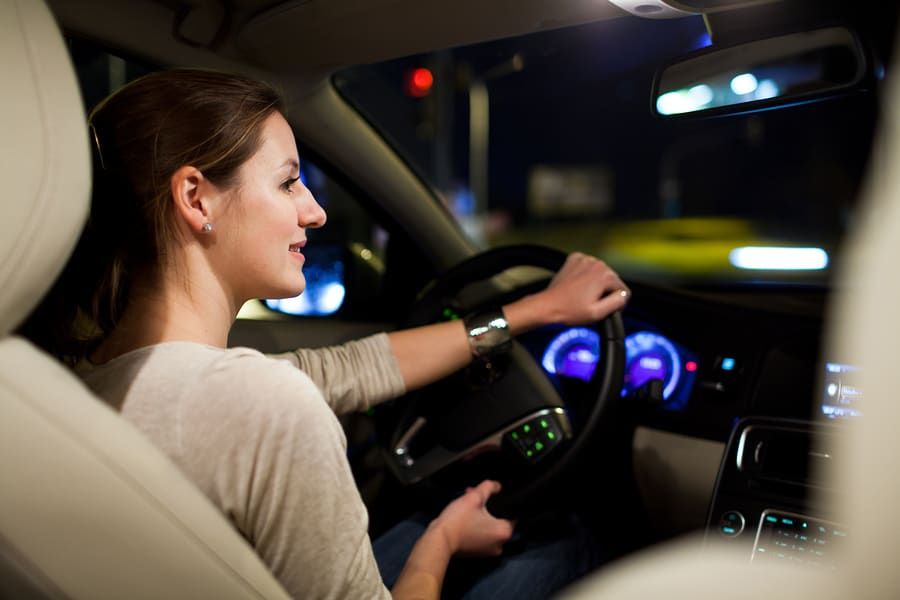 Did you know your teenager is more likely to get alcohol from the homes in your neighborhood than from stores that sell beer, wine or liquor? Trusting other parents with the responsibility of keeping your kid from underage drinking can be pretty stressful, after all, no parent wants to be “that guy” and put other adults under a microscope. Knowing your state’s “social host” laws can be your biggest ally in keeping your teenager safe and sober these days.
Did you know your teenager is more likely to get alcohol from the homes in your neighborhood than from stores that sell beer, wine or liquor? Trusting other parents with the responsibility of keeping your kid from underage drinking can be pretty stressful, after all, no parent wants to be “that guy” and put other adults under a microscope. Knowing your state’s “social host” laws can be your biggest ally in keeping your teenager safe and sober these days.
Social host laws vary from state to state. Some states permit a parent, guardian or adult spouse to allow an underage minor the ability to drink. Others have a zero tolerance policy for underage drinking. Strengthening these laws can help reduce how easily your child can “test the waters” of drinking, but there is more to consider.
Think about it this way – your teenager probably drives your car, and if he or she is convicted of drinking and driving, you may have to not only pay for a car breathalyzer or an ignition interlock device, but, also use it in order to drive yourself around. That means that when your child is under the watchful eye of a parent who is looking the other way, your teenager might be risking his or her life behind the wheel of a car. Furthermore he or she could be dragging you into the consequences of those actions. Nobody really wants an ignition interlock device, and when it’s your kid who has the requirement… well, there aren’t words for that.
The potential for damage from underage drinking comes in many forms, from binge drinking and health considerations to the dangers of drinking and driving. Since you can’t be everywhere, all the time, there are good reasons for stronger social host laws to protect your kid from the “house rules” down the road. If an ignition interlock laws are effective in stopping a drunk driver from re-offending, then, maybe stronger social host laws can be just as good at preventing your child from being in that situation in the first place.

 Implied Consent? Why Refusing a Virginia Breathalyzer Test Hurts Us All
Implied Consent? Why Refusing a Virginia Breathalyzer Test Hurts Us All 